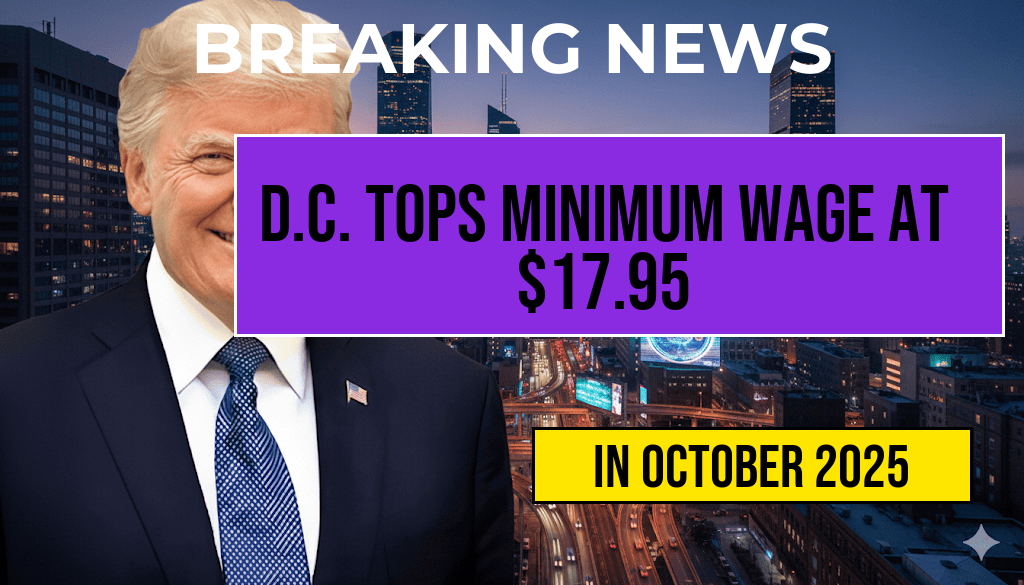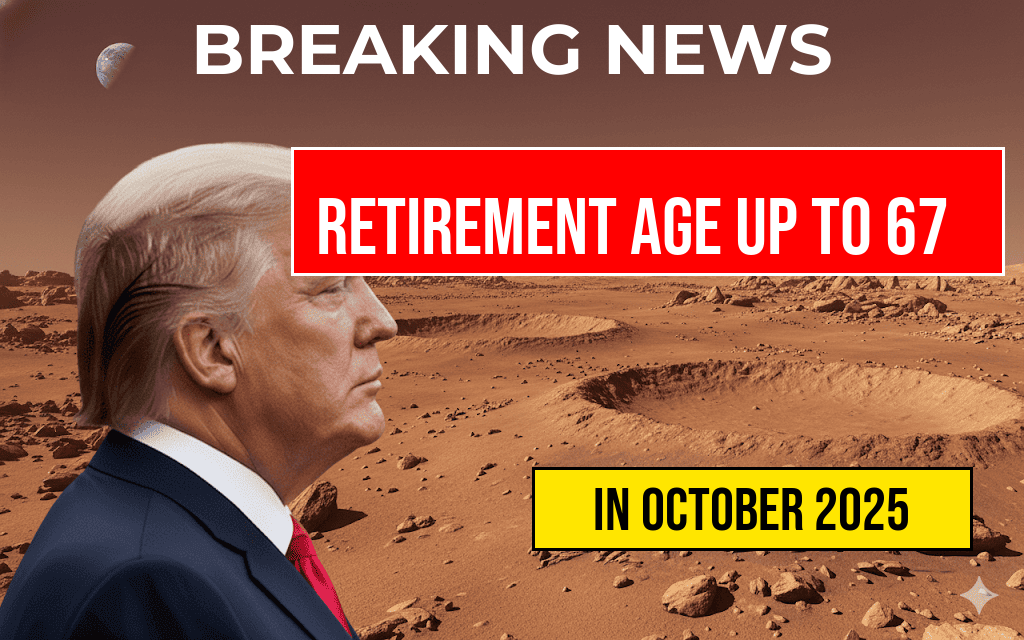Washington D.C. has solidified its position as the U.S. city with the highest minimum wage, setting the rate at $17.95 per hour as of 2024. This figure surpasses other major metropolitan areas, reflecting ongoing efforts by local policymakers to address income disparities and improve living standards for low-wage workers. The city’s decision to maintain such a competitive minimum wage underscores its commitment to economic equity amidst a changing labor landscape. As the national debate around wage standards continues, D.C.’s approach serves as a benchmark for municipal efforts to balance economic growth with social responsibility. The increase aligns with recent legislation aimed at gradually elevating the minimum wage, impacting thousands of workers across various sectors, including hospitality, retail, and public service.
Washington D.C.’s Minimum Wage: A Position of Leadership
Historical Context and Legislative Framework
The District of Columbia’s journey toward establishing a high minimum wage began with local legislation enacted in 2019, which set a schedule for incremental increases. The city’s minimum wage has steadily risen over the past few years, driven by policies aimed at addressing inflation and the rising cost of living. The current rate of $17.95 reflects the culmination of these efforts, positioning D.C. ahead of other U.S. cities such as Seattle, San Francisco, and Boston, which have minimum wages ranging between $16 and $17 per hour (source: Wikipedia). This leadership role demonstrates a proactive stance in setting standards that could influence neighboring jurisdictions and federal policy debates.
Impacts on Workers and Local Economy
Advocates argue that the elevated minimum wage directly benefits low-income workers, reducing poverty and fostering economic stability. According to recent studies, workers earning the city’s minimum wage experience improved financial security, with some reports indicating a decline in reliance on public assistance programs. However, critics warn that such wage levels may impose challenges on small businesses, potentially leading to increased automation or reduced hiring. The city’s Office of Revenue Analysis estimates that approximately 150,000 workers in D.C. are affected by the minimum wage law, representing a significant portion of the local labor force (source: D.C. Office of Zoning).
Comparison with National and Regional Wages
| City | Minimum Wage | Effective Date |
|---|---|---|
| Washington D.C. | $17.95 | 2024 |
| Seattle, WA | $16.50 | 2024 |
| San Francisco, CA | $16.99 | 2024 |
| Boston, MA | $15.75 | 2024 |
| New York City, NY | $15.00 | 2024 |
Broader Economic and Policy Considerations
The discussion surrounding minimum wages often includes a balance between economic vitality and social equity. While D.C.’s wage policy aims to uplift low-income workers, policymakers must also consider potential ripple effects, such as inflationary pressures or shifts in employment patterns. The city’s approach reflects a broader trend in urban centers to re-evaluate wage standards amid economic recovery efforts post-pandemic. The federal minimum wage remains at $7.25 per hour, but efforts at the national level have faced political hurdles, making local initiatives like D.C.’s increasingly influential. Experts from organizations like the Economic Policy Institute suggest that sustained wage increases could lead to improved economic mobility, provided accompanying measures support business adaptability.
Looking Ahead: Policies and Challenges
As Washington D.C. continues to lead with its high minimum wage, discussions about future adjustments are already underway. Local officials have signaled intentions to evaluate the impact of current policies and consider further increases aligned with inflation and economic growth. However, maintaining this position will require balancing the needs of workers with the economic realities faced by employers. Small businesses, in particular, are closely monitoring these developments, advocating for support mechanisms to offset potential costs. Stakeholders are also examining how wage policies intersect with housing affordability, transportation, and other quality-of-life factors that influence the overall economic health of the city.
Community and Stakeholder Perspectives
- Worker advocates emphasize the importance of living wages to reduce inequality and promote social stability.
- Business groups express concerns about increased labor costs, urging for phased implementations and support programs.
- City officials highlight the need for ongoing dialogue to ensure policies remain equitable and sustainable.
With the minimum wage pushing past $17 per hour, Washington D.C. exemplifies a local government prioritizing economic justice while navigating complex economic dynamics. The city’s experience may serve as a critical case study for other jurisdictions contemplating similar wage policies, especially as the national conversation continues to evolve around fair pay and economic resilience.
Frequently Asked Questions
What is the current minimum wage in Washington D.C.?
The minimum wage in Washington D.C. is currently $17.95 per hour, making it the highest in the nation.
How does Washington D.C.’s minimum wage compare to other states?
Washington D.C.’s minimum wage surpasses that of most states, leading the country with a rate of $17.95 per hour.
When did Washington D.C. implement the current minimum wage?
Washington D.C. established the current minimum wage of $17.95 per hour through recent legislative updates aimed at improving wages for workers.
Who is affected by the minimum wage increase in Washington D.C.?
The minimum wage increase directly benefits low-wage workers across various industries in Washington D.C., ensuring better wages and economic stability.
Are there plans to increase the minimum wage further in Washington D.C.?
Future minimum wage adjustments are being considered, with policymakers evaluating economic conditions and living costs to determine potential increases.






